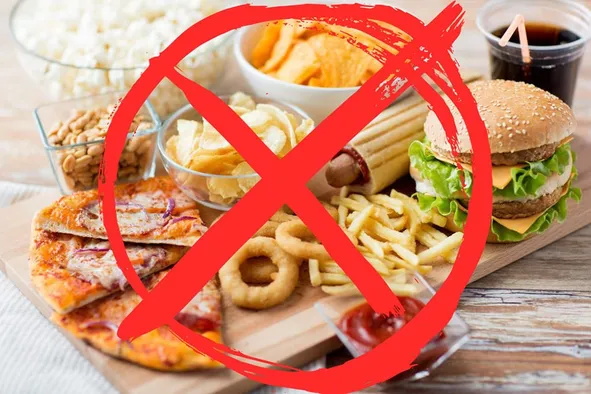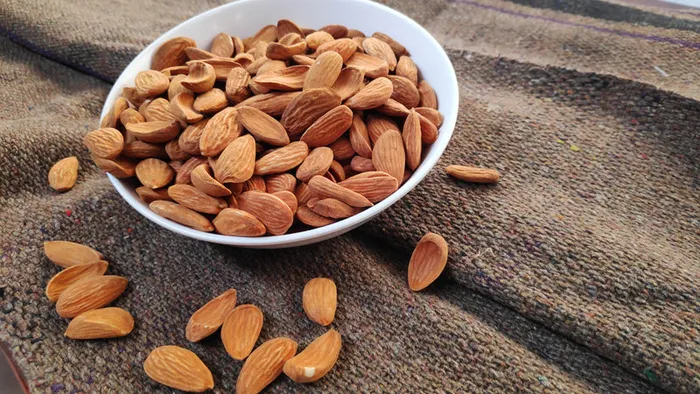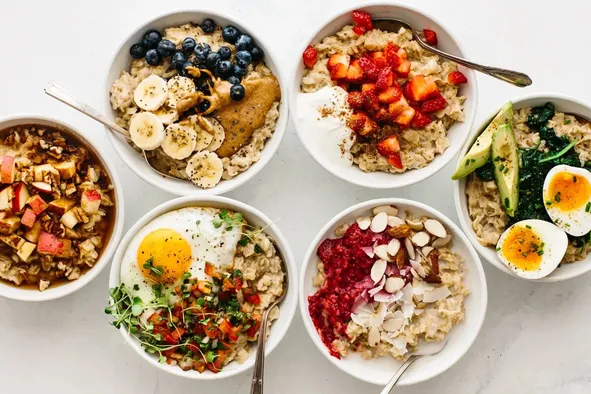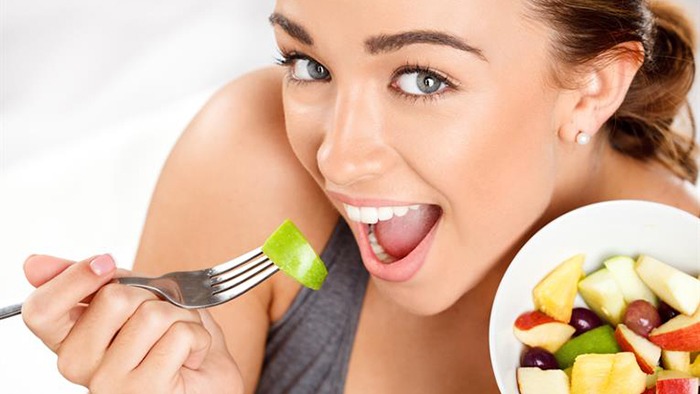The liver is an important organ that helps rid the body of waste or “toxins” and it does a fantastic job of doing so. And no restrictive “cleanses” or “detox diets” are needed for the liver to do its job well.
All the blood leaving your stomach and intestines pass through the liver. The liver processes the blood and keeps the healthy nutrients while excreting the waste.
According to the Fatty Liver Foundation, about 100 million Americans have a condition known as fatty liver, which is when fat accumulates in the liver and causes inflammation and generally makes it harder for your liver to function at its best. Fatty liver disease can be caused by alcohol or diet.
In 5 million people, fatty liver can progress to a condition known as liver cirrhosis and potentially end in liver failure.
The best diet for your liver is :
- NO Fatty Foods

French fries and burgers are a poor choice to keep your liver healthy. Eating too many foods that are high in saturated fat can make it harder for your liver to do its job. Over time it may lead to inflammation, which in turn could cause scarring of the liver that’s known as cirrhosis. So next time you’re in the drive-thru line, think about ordering a healthier option.
- Water
One of the best things you can do for your liver is to keep a healthy weight. Get in the habit of drinking water instead of sweetened drinks like sodas or sports drinks. You’d be amazed at how many calories it will save you each day.
- Almonds

Nuts are good sources of vitamin E, a nutrient that research suggests may help protect against fatty liver disease. Almonds are good for your heart, too, so grab a handful the next time you feel like snacking. Or try them in salads, where they add a nice crunch.
- Tea
Tea is widely considered to be beneficial for health, but evidence has shown that it may have particular benefits for the liver. One Japanese study found that drinking 3 cups of green tea per day was associated with improved blood markers of liver health.
A smaller study including people with nonalcoholic fatty liver disease (NAFLD) found that drinking green tea high in antioxidants for 12 weeks improved liver enzyme levels and may also help reduce oxidative stress and fat deposits in the liver.
Furthermore, another review found that people who drank green tea were less likely to develop liver cancer. The lowest risk was seen in people who drank four or more cups per day.
- Oatmeal

Consuming oatmeal is an easy way to add fiber to the diet. Fiber is an important tool for digestion, and the specific fibers in oats may be especially helpful for the liver. Oats and oatmeal are high in compounds called beta-glucans.
Beta-glucans are very biologically active in the body. They help modulate the immune system and fight inflammation, and they may be especially helpful in the fight against diabetes and obesity.
The review also notes that beta-glucans from oats appear to help reduce the amount of fat stored in the liver in mice, which could also help protect the liver. More clinical studies are necessary to confirm this benefit in humans.
People who are looking to add oats or oatmeal to their diet should look for whole oats or steel-cut oats rather than instant oatmeal. Instant oatmeal may contain fillers such as flour or sugars, which will not be as beneficial for the body
- Berries
Many dark berries — including blueberries, raspberries, and cranberries — contain antioxidants called polyphenols, which may help protect the liver from damage. Blueberry juice could help alleviate liver fibrosis. However, more human studies are necessary to verify this benefit.
- Salmon
A 2020 review published in Nutrients found that omega-3 fatty acids can help decrease inflammation found in fatty liver disease. In addition, the review study found that omega-3s may also improve blood levels of total cholesterol, triglycerides, and HDL or the helpful cholesterol, as well as having a positive effect on body mass.
Omega-3 fats can be incorporated into the diet by including fatty fish like salmon or tuna several times a week.
- Olive oil
Olive oil’s healthy monounsaturated fats have been associated with decreasing fat content in the liver in rats with non-alcoholic fatty liver disease. A study published in World Journal of Gastroenterology found that rats with non-alcoholic fatty liver disease given olive oil decreased the build-up of a fat called triglycerides.
Not only is olive oil beneficial when it comes to improving our lipid profile (meaning the amount of triglycerides, HLD (or “helpful”) cholesterol levels and LDL (or “less helpful”) cholesterol levels in our blood) it also helps to decrease inflammation throughout the body.

